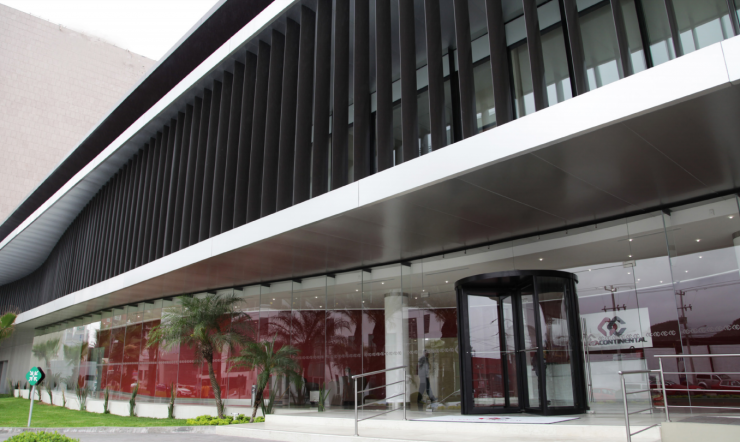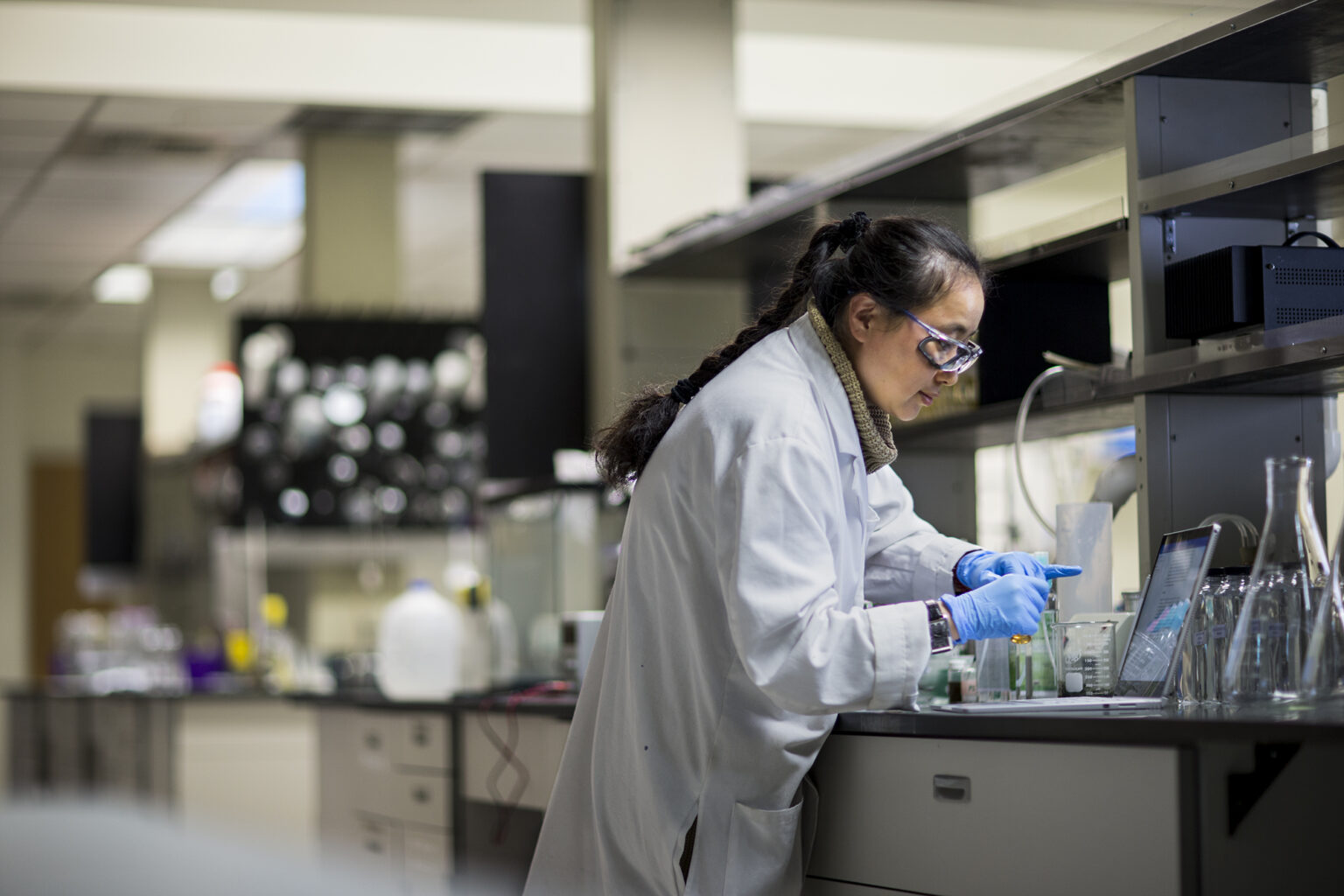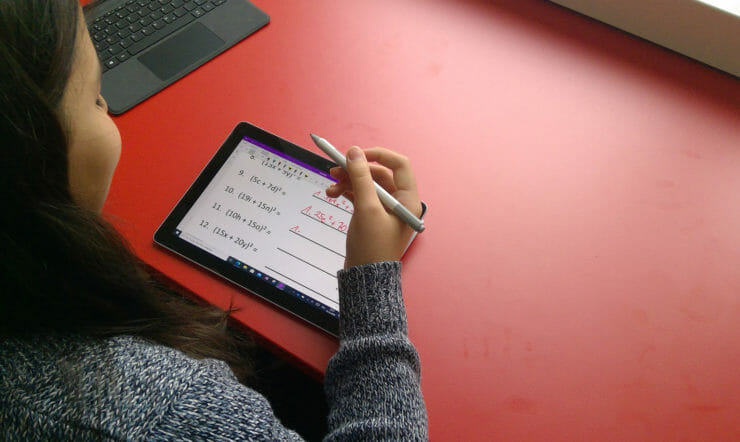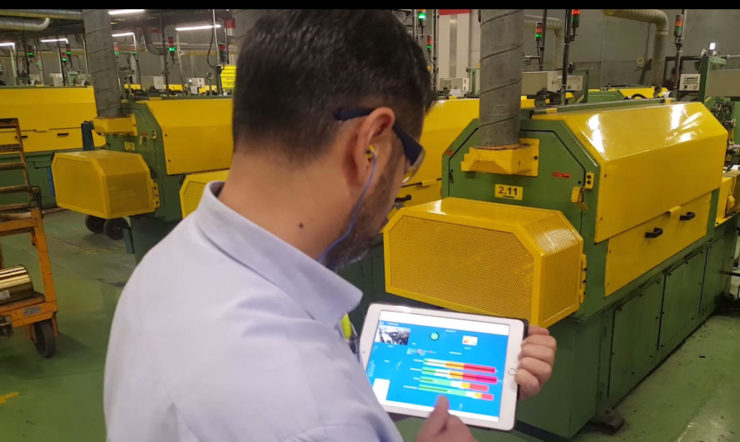In the healthcare industry, collaboration among multiple stakeholders is essential in driving biomedical research. Universities, Hospitals, Pharma, and Biotech are part of a complex and connected ecosystem. Healthcare institutions face critical obstacles when it comes to aggregating, harmonizing, and exploiting data for their studies. The lack of seamless knowledge sharing is hindering the progress of scientific discoveries.
The most advanced scientific discoveries are rarely an effort by a single researcher. Healthcare providers and academia are cooperating with private and public organizations to translate scientific discoveries into value for patients. Governments, pharma, and insurance companies represent a key group, being the payors within the biomedical area. Genomics, together with other multi-omic sciences represent the foundation of such an ecosystem. Scientists across the globe aim to retrieve actionable insights for scientific discoveries, clinical research and clinical applications. As multi-omic datasets continue to increase in size and complexity, we realize that bottlenecks of data management, governance and collaboration persist. Additionally, scientists deal with research funds, and management of intellectual property generated by projects in consortia.
Data at the core of Biomedical Research
The size and complexity of biomedical data along with the need to collaborate across entities can be a daunting task. As a former academic researcher, collaborations within consortia were challenging in many aspects:
- As a data supplier, how do I track third-party collaborators to avoid misuse of data outside a project?
- How do I collaborate in a secure and compliant environment?
- May I re-use the common infrastructures and tools built for this project after completion?
Lack of data interoperability and trust represent the main obstacles of knowledge sharing. Since a while, the role of technology companies and organizations is to enable collaborations and interoperable standards.
Securing budget for innovation
Adequate funding is essential to sustain research by healthcare providers and academic institutions. However, securing the necessary budget is becoming more challenging despite a healthy funding landscape. For example, EU Horizon grants keep fuelling biomedical research. National and international funds are very much available, but the focus of the research grants have evolved. Technological advancements such as artificial intelligence and the rise of multi-omics studies are front and center across the funding landscape.
Managing Intellectual property with collaborative platforms
Collaboration and discoveries are great but the ownership behind those achievements is too often debated. Intellectual property is a challenge to be addressed when collaborations are set. Institutions can work together to establish fair agreements that recognize the value of each party’s contributions and protect the respective intellectual property while also facilitating the sharing of information and adoption of cutting-edge technologies. Establishing clear communication channels and being transparent of respective interests and goals might be the key.
How Microsoft can help
Microsoft is at the forefront when it comes to security, trust, and data stewardship. The cooperation with governments, public and private institutions generate a united front in biomedical research. Such cooperation aims to boost innovation and create trust among peers. Here are a few examples of solutions for researchers:
- Azure Trusted Research Environments: the GDPR compliant accelerator for biomedical studies in the European Union.
- Terra: a secure, scalable, open-source platform for biomedical researchers to access data, run analysis tools, and collaborate. The cloud-based platform is co-developed by the Broad Institute of MIT and Harvard, Microsoft, and Verily.
Data sharing, governance, funding, and intellectual property rights represent the main challenge to biomedical research innovation if not addressed properly. All stakeholders shall work to overcome these challenges and collaborate effectively to advance medical knowledge and improve patient care.
























